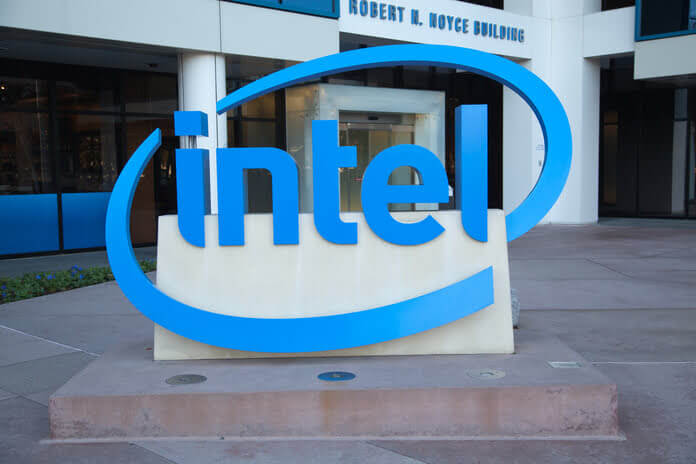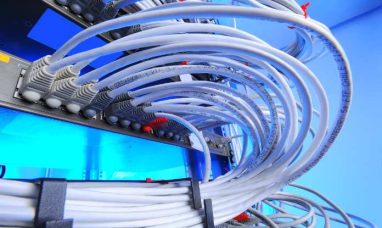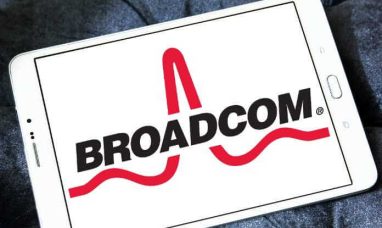Intel (INTC stock) appears to be poised to become the next technology corporation to announce job losses in response to a dismal macro outlook, indicating that a harsh winter is coming for the sector. There are reasons to have less pessimism, particularly from a more macro viewpoint.
Bloomberg reported on Tuesday, citing unnamed sources, that Intel (NASDAQ:INTC) may cut thousands of jobs around the time it reports its third-quarter earnings on October 27. The company wants to cut costs because demand for personal computers has fallen. The report was based on the fact that Intel plans to announce its earnings for the third quarter on October 27.
INTC Stock Vs Other Tech Stocks
In premarket trading in the United States on Wednesday, shares of a chip manufacturer whose microprocessors are used extensively in personal computers manufactured by companies such as HP Inc. (HPQ) and Dell Technologies (DELL) rose by 1.2%. In comparison, the S&P 500 futures price increased by 0.8%, while futures tracking the performance of the tech stock-heavy Nasdaq index increased by close to 1%.
Intel (INTC stock) would be the most recent in a line of tech companies to announce layoffs or hiring freezes this year. Microsoft (MSFT), Snap (SNAP), Netflix (NFLX), Shopify (SHOP), and other companies have all revealed plans this year to reduce the size of their workforces. Intel would be the most recent in this line of companies to make such an announcement.
The technology sector has had a difficult 2022, with shares in Intel falling by 53% and the Nasdaq falling by 34%, putting both of them well inside the bear market territory.
As a result of rising interest rates and the strong actions taken by central banks such as the Federal Reserve to tighten financial conditions to combat inflation at a multidecade high, investors have fled the market in droves. In addition to increasing the likelihood of economic contraction, higher interest rates reduce the number of people interested in placing riskier bets and make it more difficult to justify the prices of high-growth technology stocks.
Because of the alleged reason for the impending job layoffs at Intel, which is a decrease in the market for personal computers, this possibility is extremely problematic. This slowdown would come just as the technology sector is getting ready to enter the key Christmas period, when demand for consumer goods tends to surge and is counted upon by Wall Street to boost full-year tech earnings.
Consumers may be delaying purchases like personal computers because of increased prices, higher interest rates, and anxiety around the possibility of a recession. Suppose this pattern continues through the end of 2022. In that case, it won’t be a merry Christmas for the technology stocks most susceptible to changes in retail behavior.
However, when seen at a more macro level, the possibility of layoffs at Intel might be interpreted in a manner that ought to provide cautious optimism among investors in the technology sector.
As the Federal Reserve raises interest rates, it has been paying particular attention to the state of the labor market as a critical indicator of the health of the U.S. economy. The central bank’s aim is still a “soft landing,” which is when inflation decreases without sending the United States economy into a recession, even if the central bank is still dedicated to battling inflation.
Recent indicators that the job market continues to be robust have reinforced the pressures that are being placed on technology companies. This has given the Fed the go-ahead to continue rising interest rates. If Intel were to initiate layoffs, this would indicate that the current hawkish monetary policy is affecting the actual economy, causing a downturn in the labor market.
The elimination of jobs at technology businesses is not expected to be the impetus for the much-anticipated “Fed pivot,” which is when the central bank will finally begin to put the brakes on the economy’s expansion, but it may be a leading signal.
Featured Image: Megapixl © Dragan56















